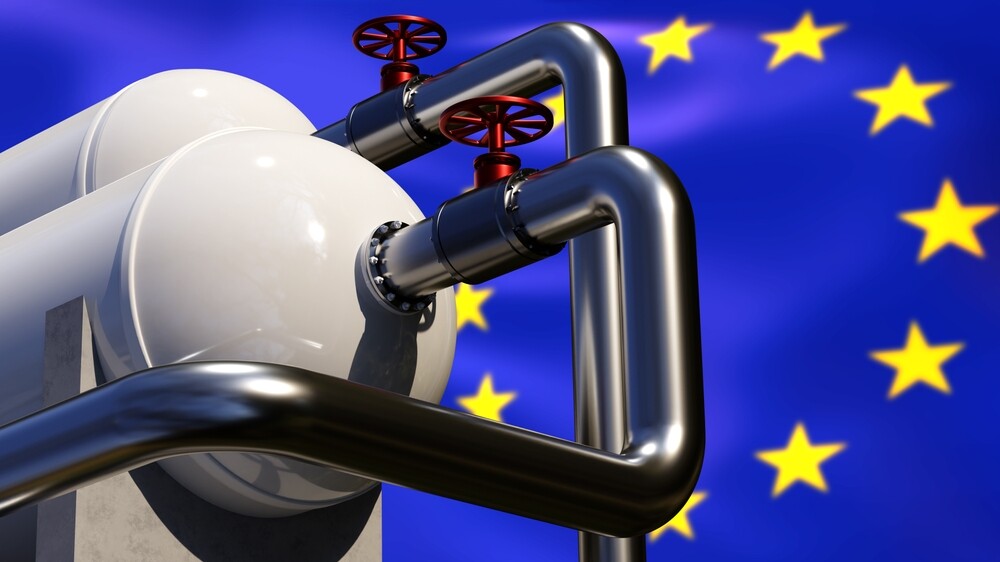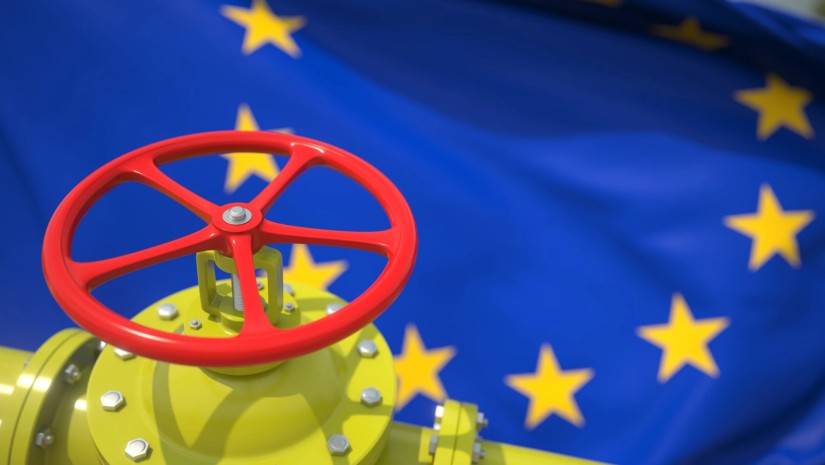Representatives of European Union (EU) member states today approved the Council’s official position on extending the existing gas storage regulation, granting a two-year extension to mandatory gas reserve levels ahead of the winter season.
The extension aims to enhance the EU’s energy security and reduce exposure to volatile gas prices, particularly in light of the continued geopolitical uncertainty stemming from Russia’s war in Ukraine.
This position, endorsed by the Committee of Permanent Representatives (Coreper), now becomes the negotiating mandate for the rotating EU presidency to begin formal trilogue discussions with the European Parliament on shaping the final legislative text.
“This extension provides the transparency and predictability that markets and member states need.
“It will serve as a crucial buffer against potential future supply shocks.”
EU Council
The revised regulation requires member states to continue filling their gas storage facilities to at least 90% capacity each year before winter, extending rules initially implemented in 2022 during the height of Europe’s energy crisis.

According to the European Commission, gas storage facilities contribute up to 30% of the Union’s winter gas consumption. Well-stocked reserves are crucial for withstanding periods of high demand and mitigating disruptions from external supply pressures.
The EU Council added, “The past few years have shown us how critical strategic gas storage is for maintaining both economic stability and consumer protection,” noting the tightness in the global gas market and the risk of speculative manipulation in pricing.
By prolonging the regulation, the EU aims to maintain its defensive energy posture as it works toward building a longer-term framework for energy security.
The Council’s updated position also introduces important flexibilities to allow member states to adapt to evolving market conditions while preserving the integrity of the internal gas market.
“If the national gas production of member states exceeds the average annual consumption over the preceding two years or in the event of slow injection rates of storage facilities with a capacity of over 40 TWh, member states may deviate by up to 5% from the filling target.”
EU Council
The provision ensures that such deviations must not negatively impact the EU’s internal gas market or disrupt the ability of interconnected member states to serve their protected customers, such as households and essential social services.
EU Legislative Roadmap

Negotiations between the Council and the European Parliament are expected to begin in May 2025, following the Parliament’s vote on its own legislative mandate.
Once a provisional agreement is reached in trilogue discussions, the final regulation will be formally approved by both institutions and published in the EU’s Official Journal.
If adopted, the updated rules will enter into force ahead of the 2026 gas storage season, ensuring continuity beyond the 2025 expiration of the existing mandates.
The initial gas storage regulation was introduced in mid-2022 as an emergency measure to address disruptions in gas supply following Russia’s invasion of Ukraine.
These obligations helped member states build strong reserves ahead of subsequent winter periods, buffering the bloc against price spikes and supply shortages.
Despite the short-term gains, the EU continues to emphasize the importance of transitioning toward a more sustainable and renewable energy mix in the long term.
However, officials say gas will remain a critical part of Europe’s energy portfolio until renewables can fully shoulder seasonal and industrial demands.
The Council spokesperson added, “Member states must be able to adapt to constantly changing conditions while ensuring security of gas supply.”
With the 2025 Summer Supply Outlook highlighting the importance of early storage refilling, the EU is poised to continue leveraging its gas storage facilities to stabilize energy prices and reduce dependence on external suppliers.
READ ALSO: GSE Records Tepid Trading Session with Ghana Oil Company as Sole Gainer























